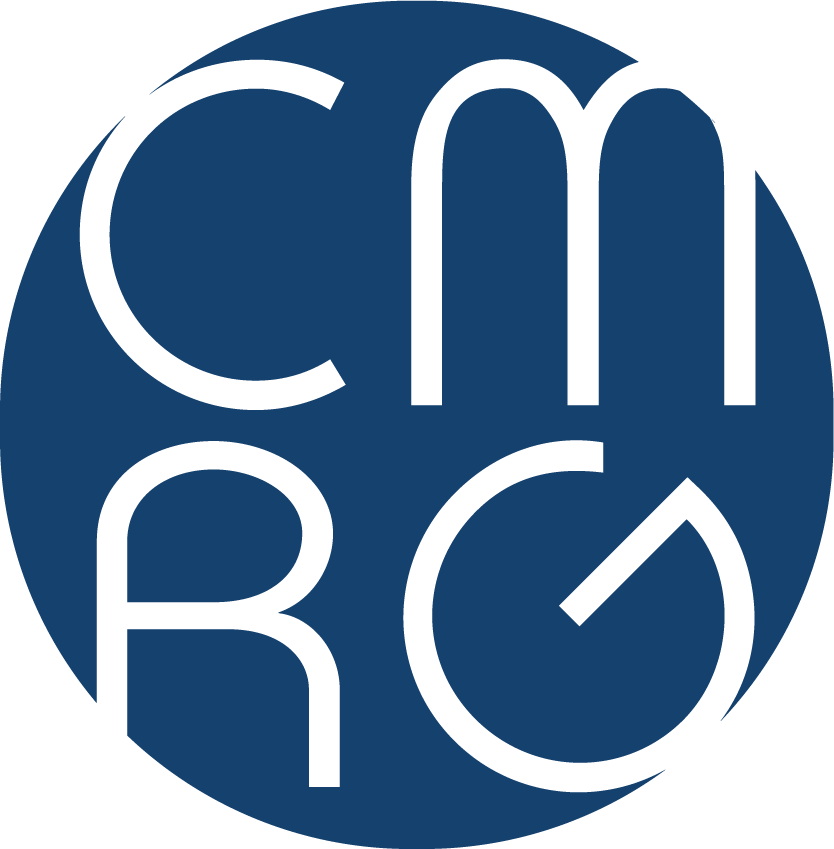Administrative assistant, accountant, and graphic designer are all conventional positions that any employer might be looking to fill. But, what about candidates and/or employment opportunities that are, well, not so conventional?
On the Idealist Job Board, employers are promoting openings– and candidates are seeking careers– that will empower them to change the world. This hyper-specific job board connects idealistic job seekers (a.k.a.people who want to do good) with like-spirited organizations; such as non-profits, for opportunities to serve.
Both sides have niched-down their efforts, and as a recruiter, you may need to follow their example and niche-down your recruitment marketing strategies.
Let’s follow up with a few examples of how to niche down your recruitment efforts and the benefits you can expect to receive.
Presents Unique Mutually Beneficial Opportunities
Niching down means having a clear focus on who your perfect target candidate is and aligning your recruitment marketing strategies to match. Niching down your recruitment marketing efforts affords you a unique opportunity to kill two birds with one stone. It will enable you to:
- find the most qualified candidate
- match that candidate to the best fit within a particular company based on culture fit.
It Provides Marketing Viability
Using the Idealist Job Board again, as an example, may help to further clarify:
An idealist, a person who is guided by ideals– and wants a career that helps create a world where all people can lead free and dignified lives– would most likely use job boards and/or follow brands to find vacancies within companies that support their values and lifestyle choices.
As a recruiter, connecting these “idealistic” candidates with mission-focused, purpose-driven, ethical organizations; such as non-profits or social enterprises, would be in perfect alignment. This provides “marketing viability” to the business representing itself as ethical, socially conscious, and/or charitable. The business is better positioned to attract candidates who understand and can relate to their mission, customer base and challenges faced.
Niching down will help connect businesses with a specific pool of candidates who already have an understanding of and already embrace the core value that aligns with your brand. Most savvy job seekers have done their research, and they know what your company’s mission is. This would be their strongest connection in determining whether or not they are a perfect fit and would be interested in a career opportunity.
TIP: One of the best ways to present the culture to potential candidates is to list detailed, expressive job descriptions on the organization’s website—or create a branded microsite within the company’s employment or careers site to do so. Be accurate, specific, and realistic in your description, so that candidates will have a clear understanding of what it’s like to work for your brand.
It Helps You Hone In On Required Competencies
Niche recruiting may also be necessary when seeking candidates for positions that require highly specialized skills, clearances or certifications. In order to find pools of talent possessing specific technical knowledge and expertise, you have to find out and hone in where they engage on the internet.
In this case, your niche recruitment tactics would heavily focus on associations, blog sites and/or forums that are specific to those technical skills the business would most benefit from.
Markets Company Culture
Even when employers aren’t actively pursuing talent, branding is key to attracting desirable candidates who would thrive within their company’s culture. Niching-down recruitment marketing will help to ensure the right message reaches the right talent.
Determine the types of interests, skills, and competencies that your perfect candidate would need to possess and hone in on them, while also considering the culture fit. Once you’ve established that they are qualified, (which is the first step) you then focus more on culture fit. This will help you filter out the perfect fit from the rest.
The perfect combination of competency and culture fit is the ultimate goal.
